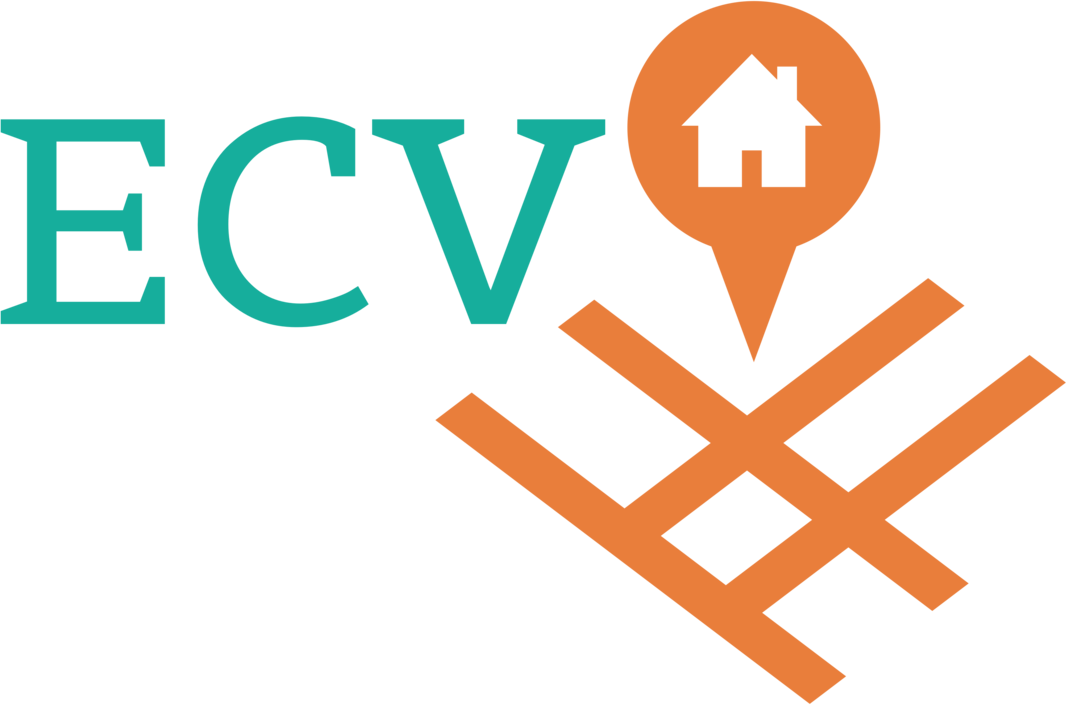The Importance of Nutrition and Exercise
Eating a healthy diet and getting regular exercise helps people stay in the best possible health.
Did you know?
People, who are overweight or obese increase their risk for heart disease, diabetes, high blood pressure, arthritis-related disabilities, and some cancers
Not getting enough exercise is associated with needing more medicine, and visiting a doctor, and being hospitalized more often
Health fact:
People may decrease the risk of heart disease and cancer if they eat a healthy diet that:
Contains at least five servings of fruits and vegetables
Is low in fat, saturated fat, and cholesterol
Contains plenty of whole-grain bread and cereals
People who eat a healthy diet and are physically active can expect to live longer, healthier lives. This is true for you and the individuals you support.
The role of exercise and fitness in health
Physical fitness is an important factor in the ability of people to perform routine daily activities and an important issue from a public health perspective.
Exercise and physical activity are good for just about everyone, including older adults. No matter your health and physical abilities, you can gain a lot by staying active.
There are four types of exercise that can benefit your life.
Staying physically fit and active can help you:
Manage and prevent some diseases like (arthritis, heart disease, stroke, type 2 diabetes, osteoporosis, and 8 types of cancer, including breast and colon cancer)
Improve your balance and lower the risk of falls and injuries from falls
Reach or maintain a healthy weight and reduce the risk of excessive weight gain
Keep and improve your strength so you can stay independent
Boost up your mood and reduce the feelings of depression
Have more energy to do the things you want to do and reduce fatigue
Reduce levels of stress and anxiety
Control your blood pressure
Sleep better at home
Fitness Guidelines for Adults with Disabilities
Adults with chronic conditions or disabilities, who are able to do physical activity — should do at least 150 minutes (2 hours and 30 minutes) to 300 minutes (5 hours) a week of moderate-intensity, or 75 minutes (1 hour and 15 minutes) to 150 minutes (2 hours and 30 minutes) a week of vigorous-intensity aerobic physical activity.
Adults with disabilities should also do muscle-strengthening activities of moderate or greater intensity and that involve all major muscle groups on 2 or more days a week, as these activities provide additional health benefits.
When adults with chronic conditions or disabilities are not able to meet the above key guidelines, they should engage in regular physical activity according to their abilities and should avoid inactivity.
Adults with chronic conditions or symptoms should be under the care of a health care provider. People with chronic conditions can consult a health care professional or physical activity specialist about the types and amounts of activity appropriate for their abilities and chronic conditions.
The benefts of regular physical activity occur throughout life and are essential for healthy aging. Adults ages 65 years and older gain substantial health benefts from regular physical activity. However, it is never too late to start being physically active. Being physically active makes it easier to perform activities of daily living, including eating, bathing, toileting, dressing, getting into or out of a bed or chair, and moving around the house or neighborhood.
Examples of Physical Activities for Older Adults:
Aerobic Activities
Walking or hiking
Dancing
Swimming
Water aerobics
Jogging or running
Aerobic exercise classes
Some forms of yoga
Bicycle riding (stationary or outdoors)
Some yard work, such as raking and pushing a lawn mower
Sports like tennis or basketball
Walking as part of golf
Muscle-Strengthening Activities
Strengthening exercises using exercise bands, weight machines, or hand-held weights
Body-weight exercises (push-ups, pull-ups, planks, squats, lunges)
Digging, lifting, and carrying as part of gardening
Carrying groceries
Some yoga postures
Some forms of tai chi
For more information about Exercise and Physical Activity, see reference links below:
References:
https://www.mayoclinic.org/healthy-lifestyle/fitness/in-depth/stay-fit-at-any-age/art-20270840
https://www.nia.nih.gov/health/real-life-benefits-exercise-and-physical-activity


